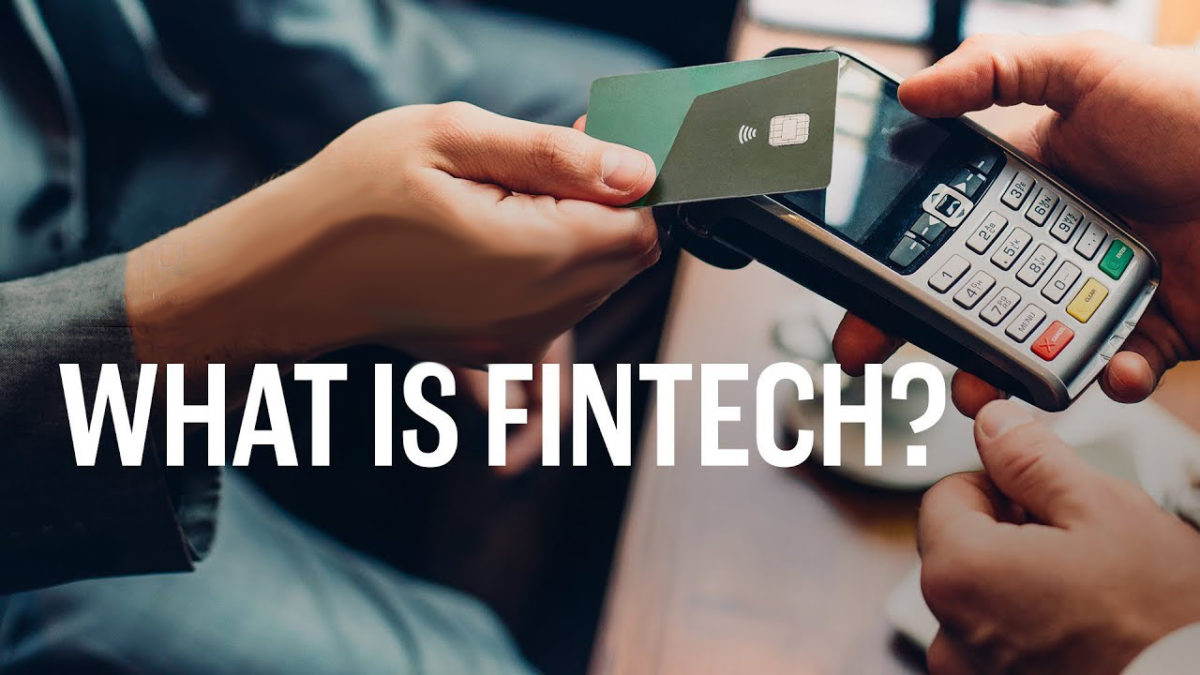Fintech is a portmanteau of the terms “finance” and “technology” and is one of many types of business technology to enhance or automate financial services and processes. The term is a broad and rapidly growing industry serving both consumers and businesses.
Fintech Examples
So how is fintech being used in 2020, and what are some of its traditional uses?
1. Crowdfunding Platforms
Companies like Kickstarter, Patreon, GoFundMe and others illustrate the range of fintech outside of traditional banking.
Crowdfunding platforms allow internet and app users to send or receive money from others on the platform and have allowed individuals or businesses to pool funding from a variety of sources all in the same place.
Instead of having to go to a traditional bank for a loan, it is now possible to go straight to investors for support of a project or company. And while their applications range from family and friends funding to fan and patron funding, the number of crowdfunding platforms have multiplied over the years.
2. Blockchain and Cryptocurrency
Cryptocurrency and blockchain are hallmark examples of fintech in action.
Cryptocurrency exchanges like Coinbase and Gemini connect users to buying or selling cryptocurrencies like bitcoin or litecoin.
But in addition to crypto, blockchain services like BlockVerify help reduce fraud by keeping provenance data on the blockchain. And while cryptocurrency and even blockchain may be somewhat controversial uses of fintech, they have certainly taken parts of the investment world by storm in recent years.
3. Mobile Payments
It seems as though everyone with a smartphone uses some form of mobile payments. In fact, according to Statista data, the global mobile payment market is on track to surpass $1 trillion in 2019.
Using increasingly sophisticated technology, services have emerged that allow consumers to exchange money and payments online or on mobile devices – including popular payment app Venmo.
Apple and Alibaba got in on the mobile payment business with Apple Pay or Alipay.
4. Insurance
Fintech has even disrupted the insurance industry. In fact, insurtech (as it’s been so-called) has come to include everything from car insurance to home insurance and data protection.
Additionally, insurtech startups are increasingly attracting funding, with insurance startups.
5. Robo-Advising and Stock-Trading Apps
Robo-advising has disrupted the asset management sector by providing algorithm-based asset recommendations and portfolio management that have increased efficiency and lowered costs.
Since the rise of more advanced technology that can analyze various portfolio options 24/7, financial institutions have adapted to offer online robo-advising services.
Additionally, other popular robo-advising services include Betterment and Ellevest.
Perhaps one of the more popular and big innovations in the fintech space has been the development of stock-trading apps. When once investors had to go directly to a stock exchange like the NYSE or Nasdaq, now, investors can buy and sell stocks at the tap of a finger on their mobile device.
And with inexpensive and low-minimum apps like Robinhood or Acorns, investing from anywhere with any budget has never been easier.
6. Budgeting Apps
One of the most common uses of fintech in 2019 is budgeting apps for consumers, which have grown exponentially in popularity over the years.
Before, consumers had to create their own budgets, gather checks, or navigate excel spreadsheets to keep track of their finances. But after the fintech revolution prompted the development of financial services apps, consumers can easily and efficiently keep track of their income, expenses and other budgeting tools that have revolutionized the way consumers think about their money.
Budgeting apps like Intuit’s help consumers track their income, monthly payments, expenditures and more – all on their mobile device.
6. POS – Point Of Sale Solutions
POS Solutions are popping up on the radar even for Restaurant POS solutions like Restaurant Loop
